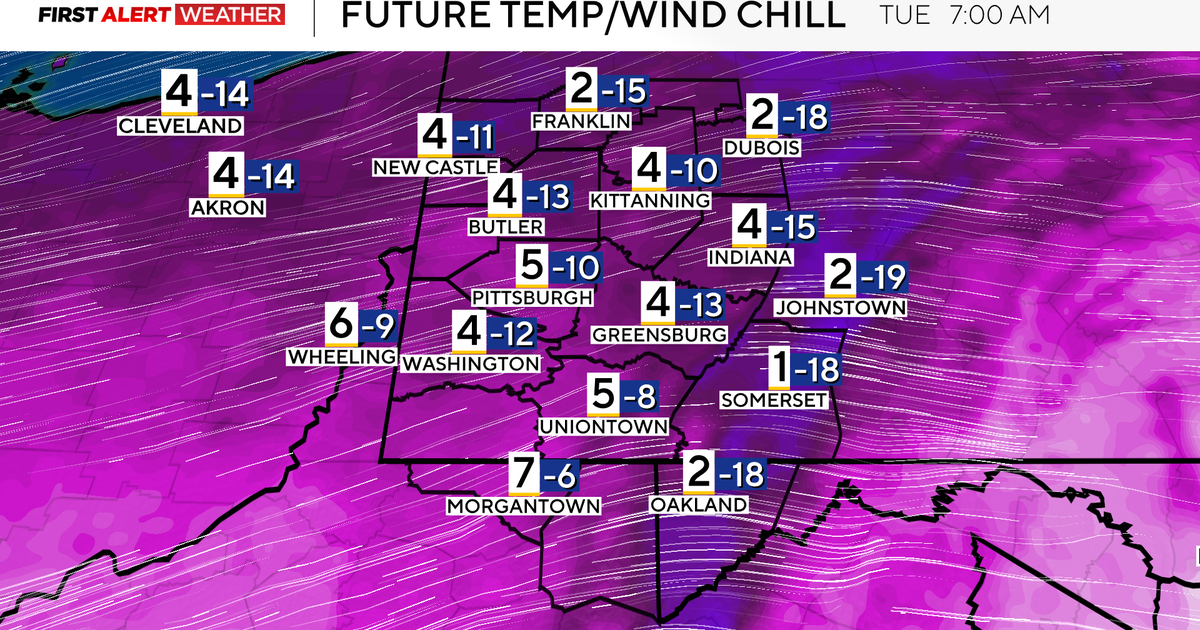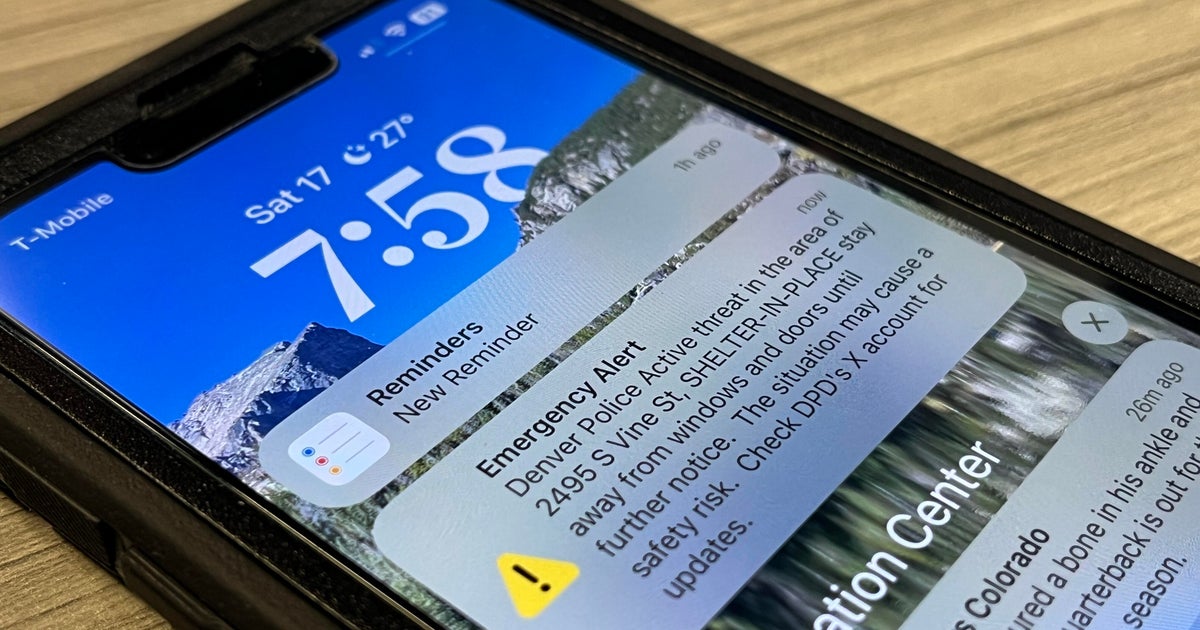Miami-Dade, Broward issue alerts after confirmed cases of dengue virus
MIAMI - The Florida Department of Health placed two counties under a mosquito-borne illness alert as five cases of dengue have been reported in Broward and Miami-Dade counties in less than a month, weekly reports show.
In total, 11 cases of locally acquired dengue have been reported in the state this year — two in Broward County and nine in Miami-Dade County — along with 204 travel-associated dengue cases.
It takes two cases for an alert to be issued.
The common symptoms of dengue are fever and one or more of the following symptoms: headache, eye pain, muscle, joint, or bone pain, rash, nausea and vomiting or unusual bleeding from the nose or gums.
Experts say severe dengue can occur resulting in shock, internal bleeding, and death.
If you or a family member develop the above-mentioned symptoms, visit your healthcare provider or local clinic.
The counties advise residents to do the following to prevent the spread:
• Drain water from garbage cans, house gutters, buckets, pool covers, coolers, toys,
flower pots, or any other containers where sprinkler or rainwater has collected.
• Discard old tires, drums, bottles, cans, pots and pans, broken appliances, and other
items that aren't being used.
• Empty and clean birdbaths and pet's water bowls at least once or twice a week
• Protect boats and vehicles from rain with tarps that don't accumulate water.
• Maintain swimming pools in good condition and appropriately chlorinated. Empty
plastic swimming pools when not in use.
COVER skin with clothing or repellent.
• Clothing - Wear shoes, socks, and long pants and long-sleeves. This type of
protection may be necessary for people who must work in areas where
mosquitoes are present.
• Repellent - Apply mosquito repellent to bare skin and clothing.
• Always use repellents according to the label. Repellents with DEET,
picaridin, oil of lemon eucalyptus, para-menthane-diol, 2-undecanone and
IR3535 are effective.
• Use mosquito netting to protect children younger than 2 months old.
Tips on Repellent Use
• Always read label directions carefully for the approved usage before you apply a
repellent. Some repellents are not suitable for children.
• Products with concentrations of up to 30 percent DEET (N, N-diethyl-meta-toluamide) are generally recommended. Other U.S. Environmental Protection Agency-approved repellents contain picaridin, oil of lemon eucalyptus, para-menthane-diol, 2-undecanone or IR3535. These products are generally available
at local pharmacies. Look for active ingredients to be listed on the product label.
• Apply insect repellent to exposed skin, or onto clothing, but not under clothing.
• Avoid applying repellents to the hands of children. Adults should apply repellent
first to their own hands and then transfer it to the child's skin and clothing.







